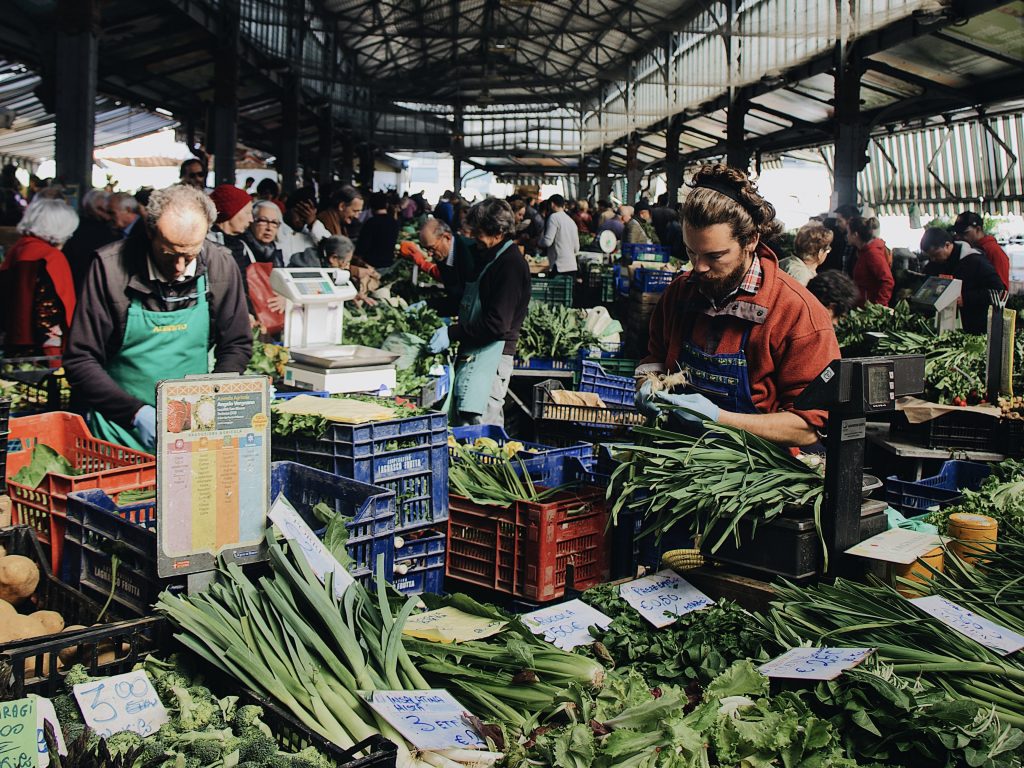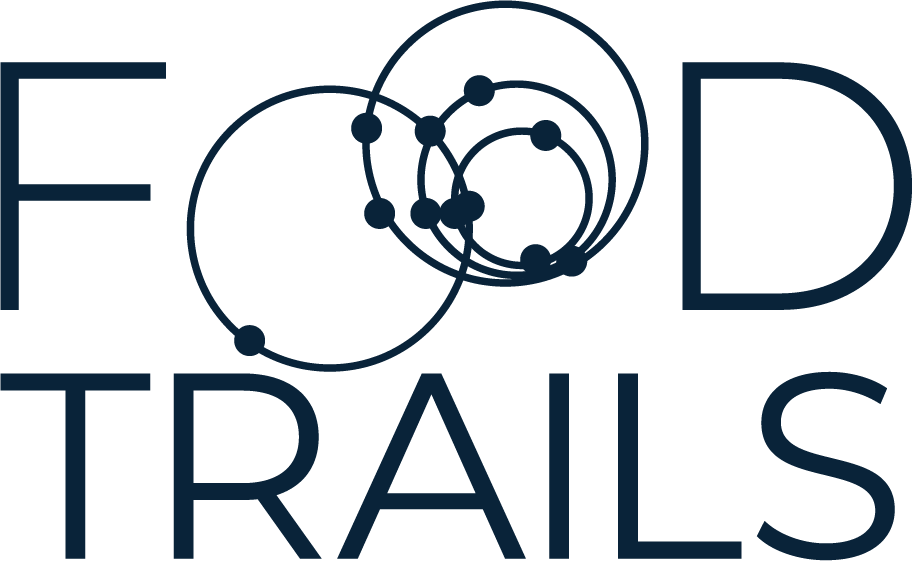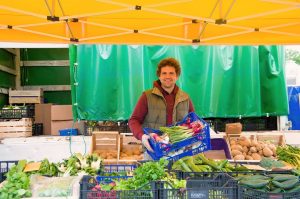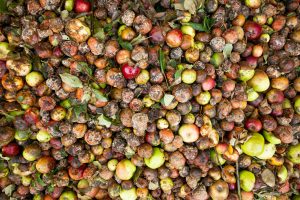The Food Trails Project launched its new policy brief on “The role of cities in shaping food environments, in the framework of the Eu Farm to Fork strategy”, bringing views and approaches of European cities engaged in the transition of sustainable local food systems.
The EU Farm to Fork Strategy is the EU’s first policy considering the whole food system and setting an ambitious roadmap toward more sustainable and healthy food systems in the EU. The Farm to Fork strategy also acknowledges the critical role of the food environment in food transformation.
What are food environments? And how can cities concretely influence them?
Food environments refer to the “physical, economic, political and socio-cultural context in which consumers engage with the food system to make their decisions about acquiring, preparing and consuming food.”
In the last decades, cities’ role as “key strategic sites and actors to address the complex socio-economic and ecological issues that constrain food security and nutrition” (FAO, 2019) has been steadily emerging, along with their active contribution to building resilient food systems.
In this respect, developing food environments that make sustainable and healthy diets available for all has become integral to many cities’ commitment to addressing the main challenges linked to food system transformation.

Within the Food Trails project, 11 European cities bring their visions for more sustainable food systems to life by implementing pilot projects within innovative living labs. At the same time, researchers and institutional partners support cities in their work, testing, collecting and providing specific data on food policy implementation.
In this context, based on the work and materials of the Food Policy Coalition’s documents on “Food environments & EU food policy: discovering the role of food environments for sustainable food systems”, the Food Trails project decided to present its vision on the food environments approach.
This policy brief aims to concisely define food environments and showcase cities’ substantial efforts to transform them while generating positive co-benefits in the urban context.
This document looks at digital food environments that have recently disrupted the entire food supply chain, from precision farming with GPS to apps that facilitate food sharing. The paper also presents the experiences of a group of cities, including Amsterdam, Barcelona and Birmingham, to illustrate the potential for local-level actions and the fundamental role that cities can play in shaping food environments. Evidence from international practices, such as the New York City approach, is also highlighted to demonstrate cities’ role in shaping food environments.







